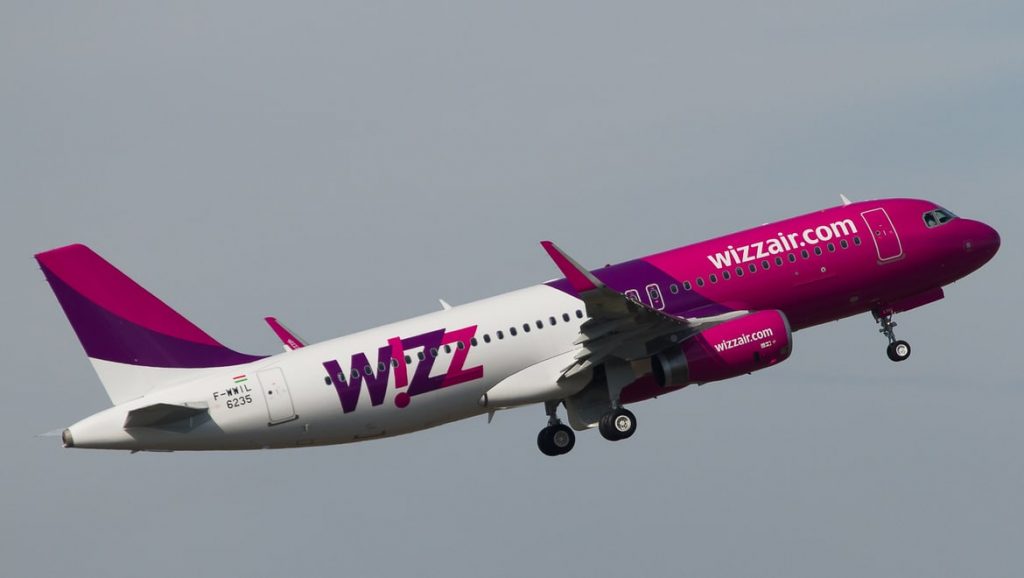
Hungary-based Wizz Air is under fire from unions after its chief executive claimed flight crew are taking off work when fatigued and damaging the brand’s reputation.
In an internal briefing, CEO Jozsef Varadi said that “we are all fatigued” but it is “required to take the extra mile” amid the ongoing aviation challenges.
The video was informing staff on key business updates, after the European low-cost carrier has been forced to continuously cancel flights over staffing shortages in air traffic control and ground handling
“I understand that fatigue is a potential outcome of the issues, but once we are starting stabilising the rosters, we also need to take down the fatigue rate. I mean, we cannot run this business when every fifth person of a base reports sickness because the person is fatigued,” said Varadi.
He said cancelling flights has created “reputational damage of the brand and it is the other financial damage, the transactional damage, because we have to pay compensation”.
The European Cockpit Association, a pilot union that represents crew from Wizz, wrote a letter to European safety regulators about how the briefing displays a deeper issue within the company’s safety culture.
“The message of the CEO to his air crew is clear: to avoid reputational and commercial damage to the airline, air crew must lower their fatigue rates by flying fatigued and not calling in sick/fatigued,” the letter read.
“This reinforces our previously shared concerns about Wizz Air’s deficient corporate culture, where inadmissible pressure is exerted on crew to fly on their days off, to extend flight times under ‘commanders’ discretion’ and to refrain from reporting fatigued. Such corporate behaviour is detrimental to passenger flight safety.”
However, the issue is not exclusive to Wizz Air, as ongoing staffing shortages have plagued most European airlines especially as travel returns to pre-pandemic levels and companies cope with the higher passenger numbers.
The company is also battling rising losses in its latest fiscal year financial results ending in March, climbing to €642.5 million compared to €576 million last year.
Meanwhile, in a statement to Simple Flying, Wizz Air claimed the clip had been edited from a briefing on current challenges facing aviation, and that the company has been suffering with low staff availability.
“Our crew unavailability has been very low, at 4%. In this context, going the extra mile to minimize disruption was discussed,” the airline said.
“What this does not mean is compromising safety. Wizz Air and the airline industry are highly regulated, and safety has, and always will be, our first priority. We have a robust and responsible crew management system which meets the needs of our people and enables us to serve as many customers as possible in the current challenging environment.”




